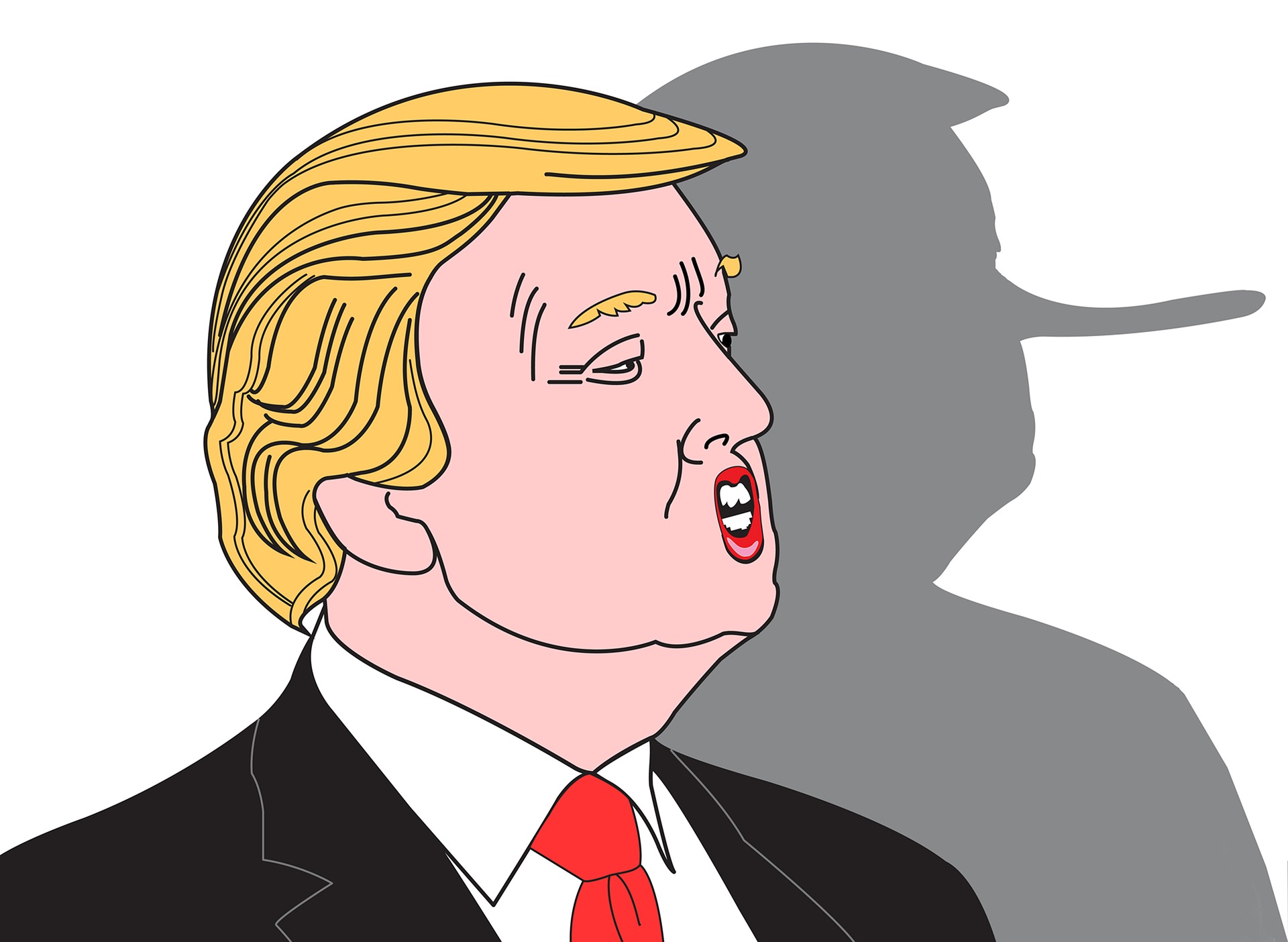For better or for worse, politics have gone wireless.
Not surprising. I mean, look at the profound impact digital technology has had on the way we engage with one another—especially over social media. A recent study by Mediakix found that the average person will spend over five years of their lives using social media. That’s roughly two hours a day, FYI.
We get our news online. We buy our products online. We consume media online. We interact with one another online. Apparently, we spend much of our time living online, too. Which is why politicians have already made the leap to social, and not just to use it as a public affairs tool, either. Politicians are using social media strategically, to influence foreign policy.
And it’s working.
Digital Diplomacy: The Politics of Twitter
Twiplomacy refers to the use of Twitter as a diplomatic tool. This is a pretty recent phenomenon. Actually, the first head of state to join the Twitterati was Barack Obama—and that was back in 2008 as part of his presidential campaign.
Twitter has become the platform of choice for digital diplomacy.
Why Twitter?
In the words of Giulio Terzi, the former Italian Foreign Minister: “Twitter has two big positive effects on foreign policy: it fosters a beneficial exchange of ideas between policymakers and civil society and enhances diplomats’ ability to gather information and to anticipate, analyze, manage, and react to events.”
In other words, Twitter provides transparency. For citizens and for politicians, too. It gives statesmen and stateswomen insights into how people are reacting to events and policies. The very idea of Twitter, a forum for open discussion, lends itself to politics. It is the digital equivalent of the Pnyx, where ancient Athenians went to debate politics, the birthplace of democracy.
That tradition continues today to some degree over Twitter—notwithstanding fake news and misinformation campaigns. You can actually see, in a very public way, how politicians are leveraging the platform to influence diplomatic policy.
And there are no more red telephones.
The 280 Characters of Trump
The Donald loves Twitter. Likely, the feeling is mutual. According to Twiplomacy’s 2017 Study, Trump was responsible for adding 9 million new users to the platform—and that number has only grown. It’s estimated that, without him, Twitter would lose nearly twenty percent of its value… This kind of digital influence is unprecedented and will likely have long-term implications for Twitter, who—at least in terms of business—has a stake in the Trump presidency.
Donald’s preference for Twitter is informed by three things:
- It gives him power to control messaging and effectively bypass news outlets he disagrees with,
- It gives him direct access to his constituents, and vice versa,
- Finally, as a showmen, Trump uses twitter, often antagonistically, to publicly engage with other world leaders and influence foreign policy. And he does this with the support of his massive following.
Twiplomacy by the Tweet
Whether he’s trading insults with other world leaders, or complaining about unfair deals, Trump has transformed the landscape of international politics.
With North Korea, for example, he attempted to tweetimidate the Kim regime, a strategy that yielded poor results. Not only did Kim Jong-un respond to Trump with aggressive rhetoric, but he’s also continued testing intercontinental ballistic missiles, increasing tension on the peninsula.
And Trump’s twiplomacy has alienated American allies, too. His #trumpwall tweetstorms alienated Mexican President Enrique Peña Nieto. So much so, that the frustrated president has cancelled White House meetings. All because of tweets.
Mexico will pay for the wall!— Donald J. Trump (@realDonaldTrump) September 1, 2016
Repito lo que le dije personalmente, Sr. Trump: México jamás pagaría por un muro. https://t.co/IJNVe0XepY— Enrique Peña Nieto (@EPN) September 1, 2016
Canadians aren’t immune from Trump’s Foreign Policy 2.0, either. Look no further than this ominous tweet from April:
Canada has made business for our dairy farmers in Wisconsin and other border states very difficult. We will not stand for this. Watch!— Donald J. Trump (@realDonaldTrump) April 25, 2017
While the Canadian government didn’t directly respond over Twitter, it was reported that Trudeau personally called Trump the following day to discuss bilateral trade issues.
Twitter is central to foreign policy 2.0, and it’s really found itself as one of the key components of digital diplomacy. Whether we like it or not, it seems like Twitter will play an increasingly important role on the global stage. Already, it’s influenced how world leaders interact with one another and their constituents. It’s also become a vehicle for political movements, from Brexit to NAFTA renegotiations.

